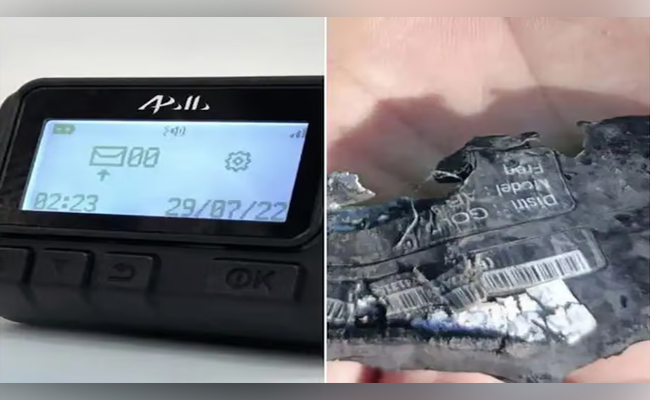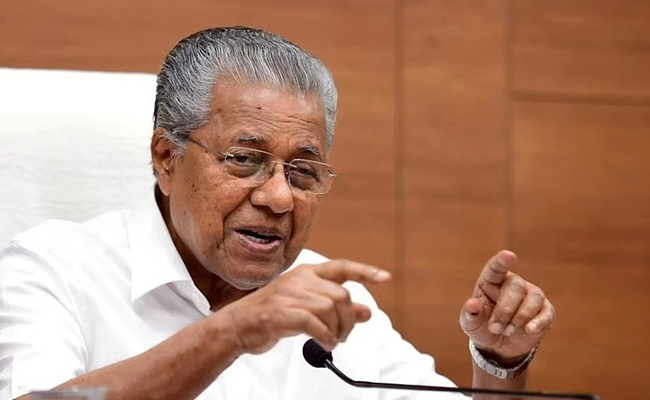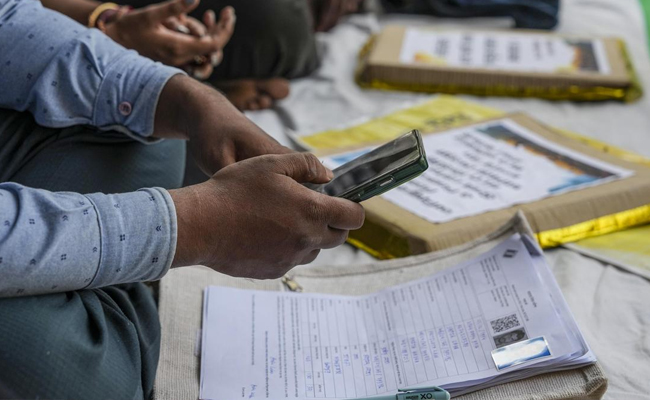Taipei (AP): Taiwanese company Gold Apollo said Wednesday that it authorised its brand on the pagers that exploded in Lebanon and Syria but that another company based in Budapest manufactured them.
Pagers used by the militant group Hezbollah exploded near-simultaneously Tuesday in Lebanon and Syria, killing at least nine people, including an 8-year-old girl, and wounding more than 2,000. Hezbollah and the Lebanese government blamed Israel for what appeared to be a sophisticated remote attack.
The AR-924 pagers were manufactured by BAC Consulting KFT, based in Hungary's capital, according to a statement released Wednesday by Gold Apollo.
“According to the cooperation agreement, we authorise BAC to use our brand trademark for product sales in designated regions, but the design and manufacturing of the products are solely the responsibility of BAC,” the statement read.
Gold Apollo chair Hsu Ching-kuang told journalists Wednesday that his company has had a licensing agreement with BAC for the past three years, but did not provide evidence of the contract.
At about 3:30 pm Tuesday, as people shopped for groceries, sat in cafes or drove cars and motorcycles, the pagers in their hands or pockets started heating up and then exploding — leaving blood-splattered scenes and panicking bystanders.
It appeared that many of those hit were members of Hezbollah, but it was not immediately clear if non-Hezbollah members also carried any of the exploding pagers.
The blasts were mainly in areas where the group has a strong presence, particularly a southern Beirut suburb and in the Beqaa region of eastern Lebanon, as well as in Damascus, according to Lebanese security officials and a Hezbollah official. The Hezbollah official spoke on condition of anonymity because he was not authorised to talk to the media.
Experts believe explosive material was put into the pagers prior to their delivery and use in a sophisticated supply chain infiltration.
The AR-924 pager, advertised as being “rugged,” contains a rechargeable lithium battery, according to specifications once advertised on Gold Apollo's website before it was apparently taken down Tuesday after the sabotage attack. It could receive texts of up to 100 characters.
It also claimed to have up to 85 days of battery life. That would be crucial in Lebanon, where electricity outages have been common after years of economic collapse. Pagers also run on a different wireless network than mobile phones, making them more resilient in emergencies — one of the reasons why many hospitals worldwide still rely on them.
Taiwan's Ministry of Economic Affairs said from the beginning of 2022 until August 2024, Gold Apollo has exported 260,000 sets of pagers, including more than 40,000 sets between January and August of this year. The ministry said the pagers were exported mainly to European and American countries and that it had no records of direct exports of Gold Apollo pagers to Lebanon.
For Hezbollah, the militants also looked at the pagers as a means to sidestep what's believed to be intensive Israeli electronic surveillance on mobile phone networks in Lebanon.
“The phone that we have in our hands — I do not have a phone in my hand — is a listening device,” warned Hezbollah chief Hassan Nasrallah in a February speech.
He later added: “I tell you that the phone in your hands, in your wife's hands, and in your children's hands is the agent. It is a deadly agent, not a simple one. It is a deadly agent that provides specific and accurate information. Therefore, this requires great seriousness when confronting it.”
Let the Truth be known. If you read VB and like VB, please be a VB Supporter and Help us deliver the Truth to one and all.
Bengaluru (PTI): The parents of an Indian IT professional, who was shot dead in Canada, had been asking their son to return home for some time but he did not pay heed.
Parents of Chandan Kumar, who was shot dead in Toronto, are inconsolable. They suspect that his efforts to form a Kannada association there could be a reason behind his killing.
The deceased hailed from Thyamagondlu in Nelamangala on the outskirts of Bengaluru.
The entire locality where Kumar lived has plunged into grief after coming to know of his fate.
"We had never expected this, not even in our dreams. We had been telling him to come back as it has been six to seven years since he left for Canada but he did not listen to us," his father Nanda Kumar told a vernacular news channel.
Nanda Kumar appealed to the Government of India to help him bring his son's body to the country so that his cremation could be performed here.
The victim's mother claimed Chandan Kumar had formed a Kannada association in Toronto, which could be the reason behind his killing.
The 37-year-old Indian-Canadian died after being shot by unidentified men in the parking lot of a busy shopping centre in Toronto, Canada, police said.
In a statement on Sunday, the Toronto Police Service identified the victim as Chandan Kumar Raja Nandakumar of Brampton.
The victim succumbed to his injuries at the hospital, they said. Officers believe it was a "targeted" incident.





